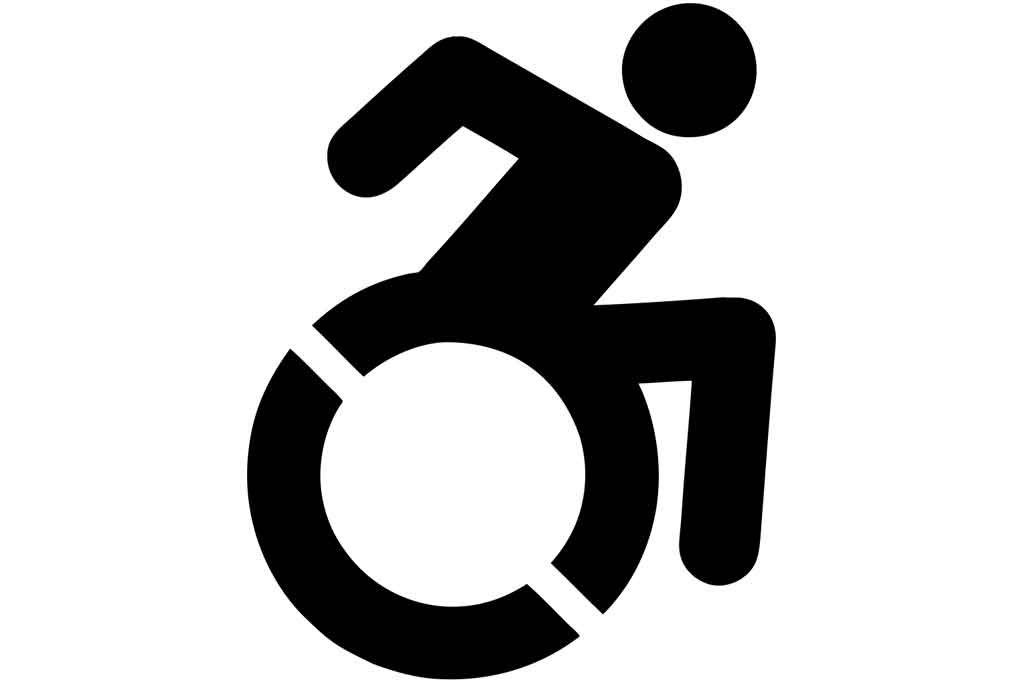Disabled worker rights are designed to provide equality and equal opportunity in the workplace. It ensures that workers with disabilities have the same rights as other workers and can work without discrimination in the workplace. While these rights make the lives of workers with disabilities easier, they also make working environments more fair and equitable for employers.
Persons with a disability rate of 40% or more are defined as disabled employees. The rights granted to disabled people to participate in social and working life are as follows:
Equal Pay for Equal Work: Workers with disabilities are entitled to the same pay when they do the same job as other workers.
Recruitment: Disabled workers are subject to the same conditions as other workers in the hiring process. Employers should not treat the applications of disabled workers differently from the applications of other workers.
Workplace Arrangements: Workers with disabilities must have the same working conditions as other workers in the workplace. Employers must make the necessary arrangements to ensure that workers with disabilities can work comfortably and safely in the workplace.
Training and Development: Workers with disabilities should have the same training and development opportunities in the workplace as other workers. Employers should promote the success of workers with disabilities in the workplace and include them in workplace training and development programs.
Dismissal: Disabled workers should not be dismissed in the same way as other workers. When dismissing workers with disabilities, employers must apply the same standards as for the reasons other workers are dismissed.
Discrimination and Harassment: Discrimination or harassment against workers with disabilities is unacceptable. Employers should penalize and take appropriate action against employees who discriminate or harass workers with disabilities. Disabled people cannot be discriminated against in the selection process, job selection, technical evaluation, working hours, working conditions and application stages.
Workplace Suitability: Employers must assess the working conditions of workers with disabilities, the suitability of equipment in the workplace and accessibility in the workplace, and make arrangements to meet the needs of workers with disabilities.
Changes in the Workplace: Employers must make the necessary changes to meet the changing needs of workers with disabilities in the workplace. These changes can allow disabled workers to work more comfortably and safely in the workplace.
In Case of Poor Performance: When workers with disabilities perform poorly, employers are required to apply the same standards that other workers do in evaluating performance.
Hearing and Visually Impaired Workers: Employers must make arrangements in the workplace to meet the needs of hearing or visually impaired workers. These arrangements can ensure that deaf or visually impaired workers have the same opportunities in the workplace as other workers.
Re-employment Obligation: If the disabled employee has to leave the job due to his current situation and the disability situation disappears later, the disabled employee can also request reemployment to the old workplace. The employer is obliged to take back the disabled personnel in case of vacancies, primarily from outside recruitment.
Obligation to employ Disabled Workers: According to Article 30 of the Labor Law No. 4857, according to the domestic job placement services regulation; In private sector workplaces where they employ 50 or more workers, workers are obliged to employ three percent disabled workers in jobs suitable for their occupational, physical and mental conditions.
Excuse Leave: Parents who have 70% or more disabled children and work in the treatment of chronic diseases are given paid leave for up to 10 days a year, provided that the health report of the disabled child is declared and one of the parents uses this right. .
Maternity Leave: According to Article 74 of the Labor Law, a working mother whose child was born with a disability has the right to work part-time for 360 days, if she wishes, after her paid leave.
Preparation of the Workplace and Working Conditions of the Disabled: In case of employing disabled personnel, the enterprises are responsible for preparing the working conditions for the disabled, employing them in jobs suitable for their profession, providing the necessary tools and equipment, and preparing the workplaces. working environment that will facilitate their work.
Disabled workers' rights are important to ensure that workers with disabilities participate equally in business life. These rights ensure that disabled workers have the same rights as other workers in the workplace and work without discrimination. Employers must make the necessary arrangements to ensure that workers with disabilities are successful in the workplace.

